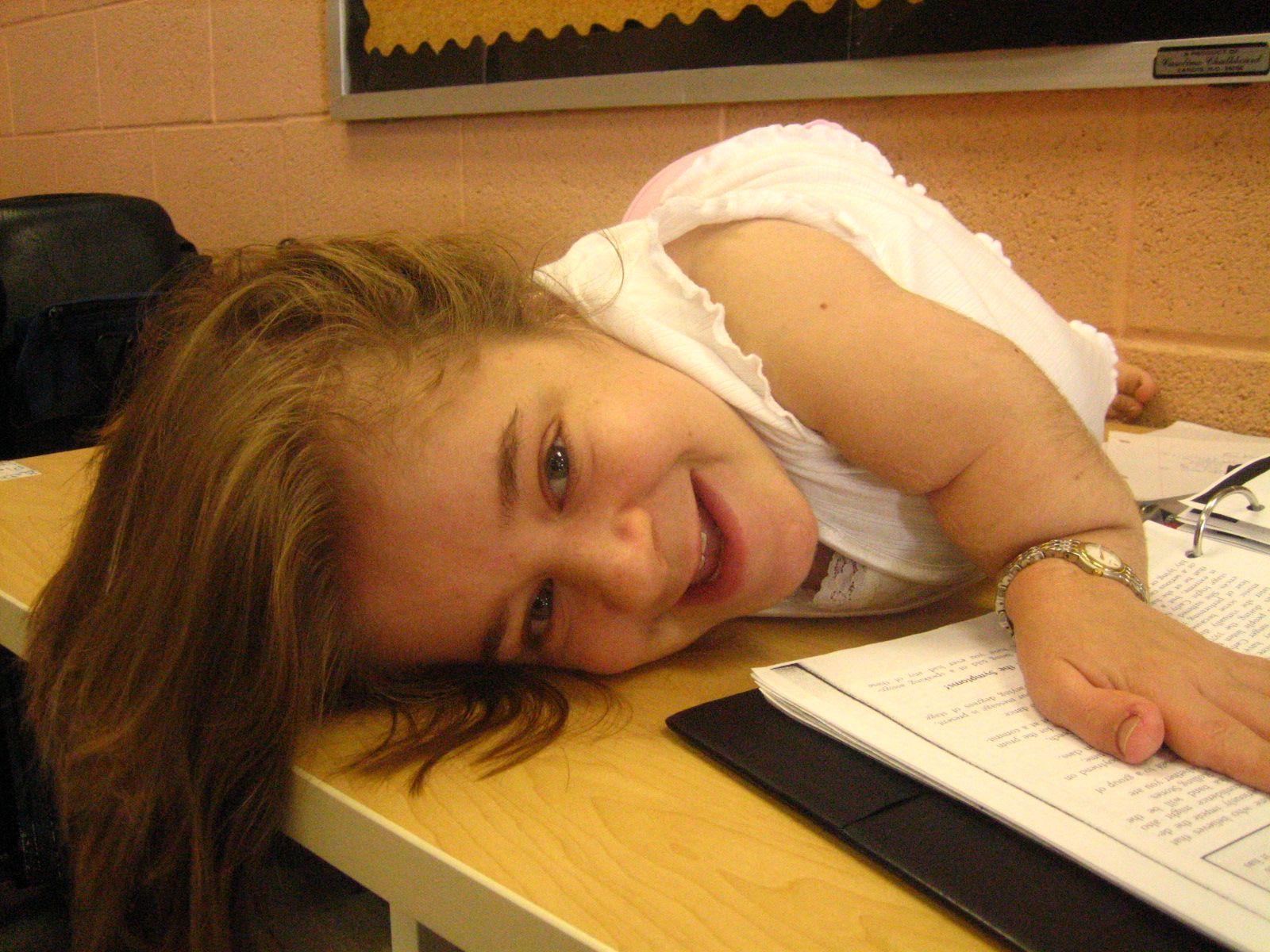When I share that I have Osteogenesis Imperfecta (OI), often called Brittle Bone Disease, people are surprised to learn I attended mainstream schools my entire life. As a disabled artist who thrived in these environments, I’ve seen firsthand how school inclusion benefits not just the student with a disability, but the entire community.
Early Challenges and the Search for Inclusion
By age three, my parents realized I needed more stimulation than they could provide at home. I was curious, bright, and eager to explore. Yet, multiple mainstream schools turned me away due to my physical disability. They believed I needed a “special ed” environment, but that wouldn’t offer the academic and social challenges required for my growth.
Eventually, my parents found a private Catholic preschool willing to accept me. I stayed there through kindergarten and then moved to St. Paul’s Episcopal School, which felt like a second home for eight years. Despite being the only visibly disabled student among 250 peers, I rarely felt like “the one in the wheelchair.” Instead, I was simply another student—learning, laughing, and growing with my classmates.
How Inclusion Shaped My Motivation
St. Paul’s embraced inclusion, accommodating my needs without isolating me. Yes, I had an aide, and yes, there were moments I couldn’t join certain activities. However, those instances were few and far between. Because I was around able-bodied peers every day, I learned vital social skills and gained the motivation to keep pushing forward, despite the limitations imposed by Brittle Bone Disease.
After graduating eighth grade, I attended Benjamin Franklin High School, an academically rigorous public school. The atmosphere was similarly supportive, ensuring I had the physical accommodations necessary. Surrounded by peers who expected me to excel—and teachers who challenged me intellectually—I graduated with honors. Later, I earned my BA in graphic design at Loyola University New Orleans, summa cum laude.
The Impact of Inclusion on Everyone
My experiences highlight a key lesson: school inclusion benefits both students with disabilities and their able-bodied peers. Growing up alongside someone with a physical disability taught my classmates early on that differences are normal. They learned to interact with me naturally, which carried into adulthood. I often see them reflecting on those lessons in how they treat others from diverse backgrounds.
Continuing the Conversation: Art and Disability
Today, as a disabled artist, my work in art and disability advocacy is deeply informed by those formative years. The motivation I found in inclusive classrooms helped me embrace my creativity—despite living with Osteogenesis Imperfecta. Each painting, project, or public speaking engagement I undertake aims to show how powerful inclusive experiences can be.
When I spoke to a group of teachers about the importance of inclusion, I encouraged them to champion students with physical disabilities in mainstream settings. Their classrooms can foster empathy, understanding, and innovation. A few months later, I created a short YouTube video expanding on this topic (watch it here).
A Grateful Reflection
I’m thankful my parents fought for the right to place me in environments that nurtured my academic and social development. Without school inclusion, I might never have discovered my passion for the arts or the motivation to succeed. My hope is that more educators, parents, and administrators see the value of welcoming diverse abilities into mainstream classrooms, creating a brighter and more inclusive future for all.

